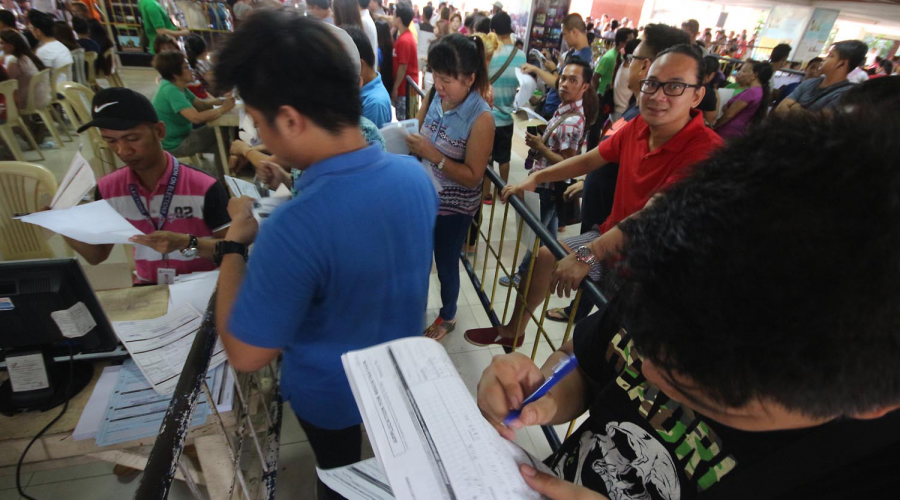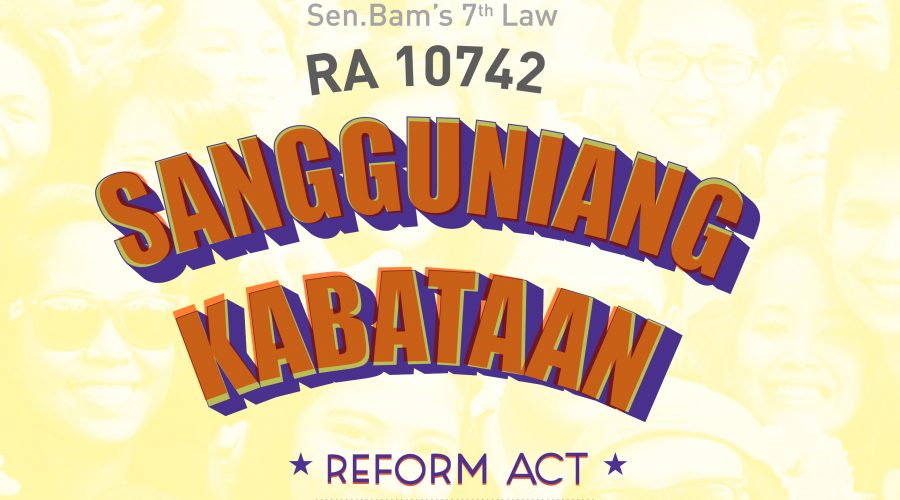Bam: Submit to democracy, let people choose their barangay, SK leaders
Let people choose their barangay and youth leaders.
Sen. Bam Aquino issued this statement as he called for an extension for the voters registration of the Barangay and Sangguniang Kabataan (SK) elections, which is set to end on April 29.
“Importante na ang mamamamayan ang pipili ng kanilang mga pinuno sa barangay at Sangguniang Kabataan,” said Sen. Bam.
Sen. Bam stressed that government should investigate and prosecute barangay officials involved in the illegal drug trade and launch an information drive to help the people make an informed choice.
“Huwag nating alisin sa ating mga kababayan ang karapatang mamili ng mga susunod na lider ng kanilang mga komunidad,” Sen. Bam stated.
“While we are open to issuing a hold-over status for previously elected barangay officials, let’s make sure our SK elections push through,” he added.
Sen. Bam maintained that the reforms passed under Republic Act No. 10742 or the SK Reform Act will go for naught if the SK elections will be postponed again.
“Sayang naman ang mga reporma na pinagpaguran ng kabataan at mga mambabatas kung hindi na naman matutuloy ang SK elections,” Sen. Bam, who pushed for the law’s passage as co-author and co-sponsor in the 16th Congress during his time as chairman of the Committee on Youth.
The SK Reform Act is the first legislation in the country with an anti-dynasty provision. It prohibits relatives of elected officials up to 2nd civil degree of consanguinity or affinity from seeking SK posts.
The law adjusts age limit of SK officials from 15-17 to 18-24 years old, making them legally capable of entering into contracts and be held accountable and liable for their actions.
The law also requires SK officials to undergo leadership training programs to expose them to the best practices in governance and guide their development as leaders.


Recent Comments